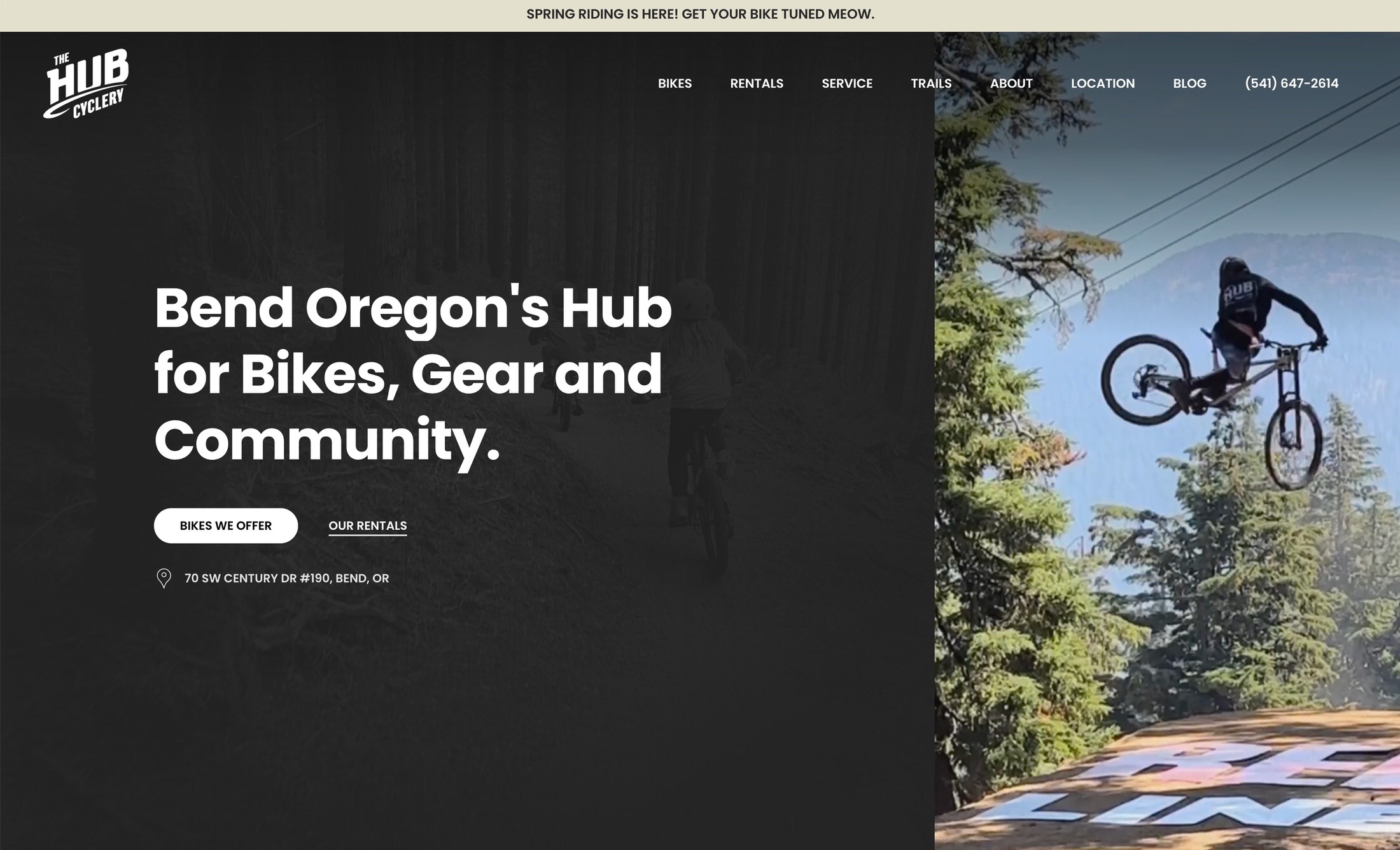Intro
In today’s digital landscape, having a strong online presence is crucial for any business. One of the key elements of this presence is your website’s ranking on search engines like Google. The higher your site ranks, the more visible it is, leading to more traffic and potential customers. This is where Search Engine Optimization (SEO) comes into play.
SEO can be a bit overwhelming and time-consuming, but luckily, tools like Alliai.com are here to make the process easier and more effective. In this guide, we’ll walk you through how to use Alliai.com to improve your website’s search rankings. From keyword research to technical SEO fixes, we’ll cover all the essential strategies and techniques. Whether you’re new to SEO or have some experience, this guide will offer valuable insights and practical tips to boost your SEO efforts.
Understanding SEO Fundamentals
What is SEO?
Search Engine Optimization (SEO) is all about making your website more attractive to search engines like Google, Bing, and Yahoo. The goal is to increase the amount of organic (non-paid) traffic to your site by improving its ranking in search engine results pages (SERPs).
Why is SEO Important?
SEO is vital because it helps your website stand out in a crowded digital space. Higher rankings on search engines mean more visibility to potential customers, which can lead to more traffic, greater brand awareness, and ultimately, increased revenue. Plus, SEO is a cost-effective strategy compared to paid advertising, offering long-term benefits for your online presence.
Key Elements of SEO
SEO can be broken down into three main areas:
-
On-Page SEO: This focuses on optimizing individual pages on your site to rank higher and attract more relevant traffic. Key elements include keyword usage, meta tags, headers, and content quality.
-
Off-Page SEO: This involves actions taken outside your website to improve its rankings. The main focus here is on building high-quality backlinks from other reputable websites.
-
Technical SEO: This deals with the technical aspects of your website to ensure search engines can crawl and index it effectively. Important factors include site speed, mobile-friendliness, and structured data.
Getting Started with Alliai.com
Signing up for Alliai.com
The first step to leveraging Alliai.com for your SEO is signing up for an account. Head over to the Alliai.com website and click on the “Sign Up” button. You’ll need to provide some basic information like your name, email address, and website URL. Once you’ve completed the registration, you’ll have access to the Alliai.com dashboard.
Dashboard Overview
When you log into Alliai.com, you’ll be greeted with a user-friendly dashboard that gives you an overview of your website’s SEO performance. The dashboard includes several sections:
- Site Health: Provides an overall score of your website’s SEO health, highlighting areas that need attention.
- Keyword Performance: Tracks the performance of your target keywords, including their rankings and search volume.
- Backlink Analysis: Shows the number and quality of backlinks pointing to your site.
- Technical SEO: Highlights any technical issues that might be affecting your site’s performance.
Setting Up Your Website for SEO Analysis
To make the most out of Alliai.com, you’ll need to set up your website for SEO analysis. This involves adding your site to the platform and verifying ownership. Here’s how to do it:
- Add Your Website: Click on the “Add Website” button on the dashboard and enter your website URL.
- Verify Ownership: Alliai.com offers several verification methods, such as adding a meta tag to your website’s header, uploading an HTML file, or connecting through Google Search Console. Choose the method that works best for you and complete the verification process.
- Perform Initial SEO Audit: Once your site is verified, Alliai.com will perform an initial SEO audit, identifying any existing issues and providing recommendations for improvement.
Keyword Research and Optimization
Importance of Keywords
Keywords are the backbone of SEO. They’re the words and phrases people use when searching for information, products, or services. By optimizing your site for relevant keywords, you can attract more targeted traffic and improve your chances of converting visitors into customers.
Using Alliai.com for Keyword Research
Alliai.com offers powerful keyword research tools to help you find the best keywords for your site. Here’s how to use them effectively:
- Keyword Suggestions: Enter a seed keyword related to your business, and Alliai.com will generate a list of related keywords along with important metrics like search volume, competition, and keyword difficulty.
- Keyword Analysis: Analyze the performance of your chosen keywords to understand their potential impact on your site’s traffic. Look for keywords with high search volume and low competition for the best results.
- Competitor Keywords: Use Alliai.com to identify the keywords your competitors are ranking for. This can provide valuable insights and help you discover new keyword opportunities.
Optimizing Content with Keywords
Once you’ve identified your target keywords, it’s time to optimize your site’s content. Here are some best practices:
- Title Tags and Meta Descriptions: Include your primary keyword in the title tag and meta description of each page. Make sure these elements are compelling and accurately reflect the content of the page.
- Headings: Use headings (H1, H2, H3) to structure your content and include keywords where appropriate. This helps search engines understand the hierarchy and relevance of your content.
- Content Quality: Create high-quality, informative content that provides value to your audience. Incorporate keywords naturally and avoid keyword stuffing, which can harm your rankings.
- Internal Links: Use internal links to connect related content on your site. This helps search engines discover and index your pages more effectively.
Case Study: Successful Keyword Optimization Using Alliai.com

Let’s take a look at a real-world example. We optimized The Hub Cyclery using Alliai.com’s keyword research tools to identify high-potential keywords related to their customers. By optimizing their page titles, descriptions, image alt tags and blog posts with these keywords, they saw significant improvements in search rankings and organic traffic within six months. The result was a 50% increase in website traffic.
Need help with your website? Feel free to reach out!






